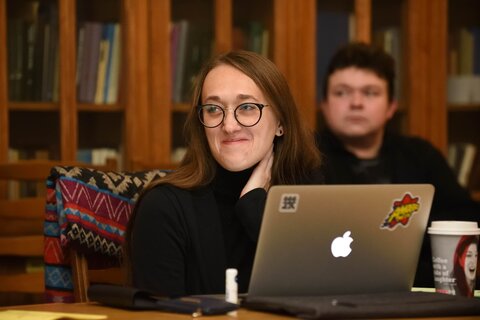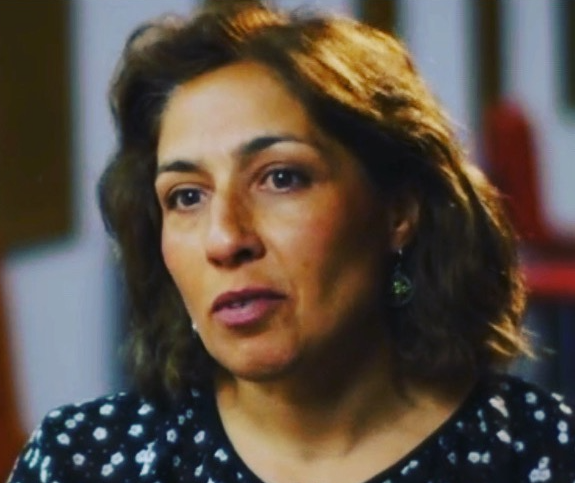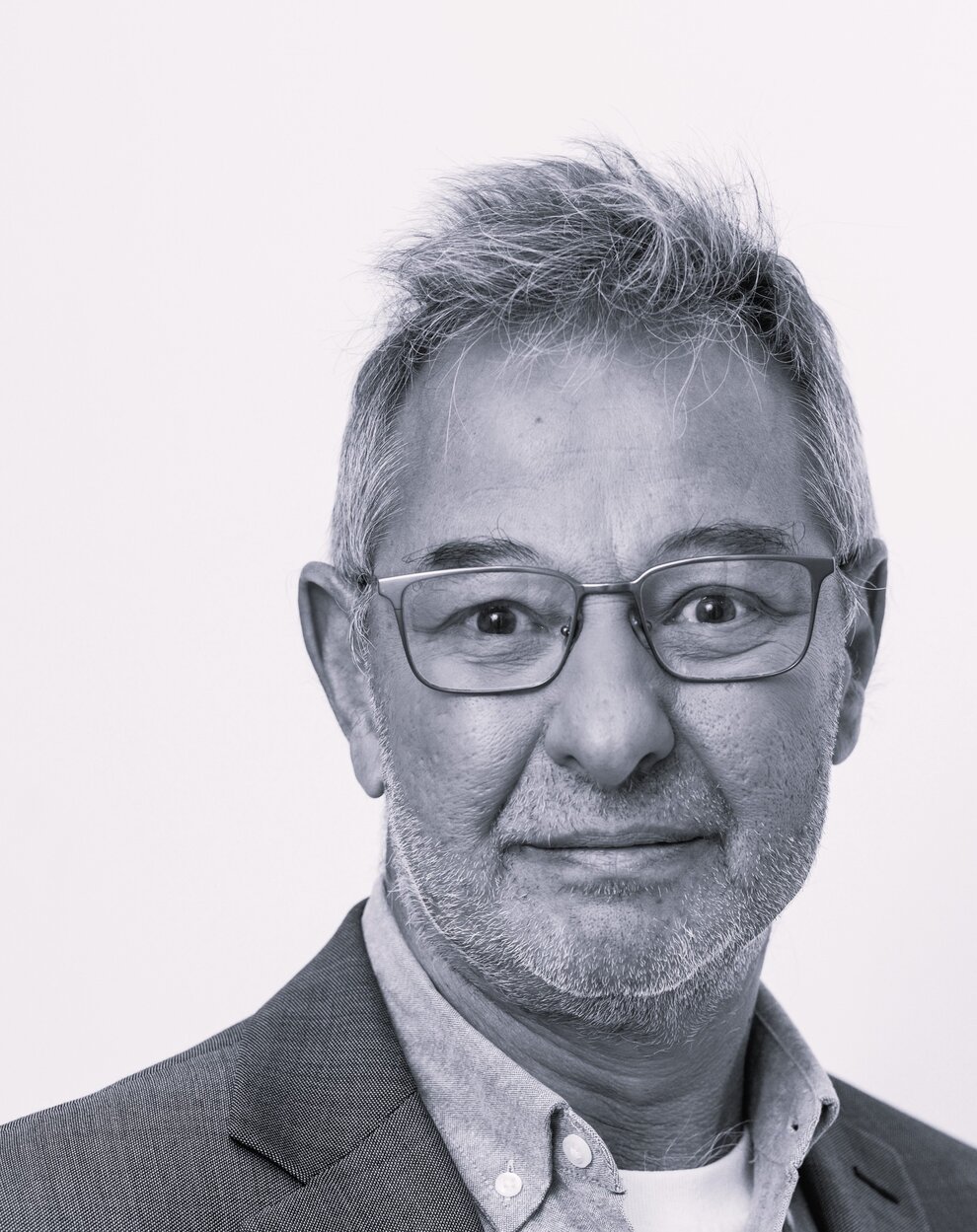Alexandra Kolesnik


Alexandra Kolesnik is PhD in History, currently works as an independent scholar. She holds the diploma in History from the Russian State University for the Humanities (RSUH, Moscow), MA degree in History from the Higher School of Economics (HSE, Moscow), Faculty of History (2013), and PhD in History from the Ural State University, Ekaterinburg (2017). Her major fields of research are public history, heritage studies, history and sociology of culture. In 2011–2022, she worked as Senior Research Fellow at the Poletaev Institute for Theoretical and Historical Studies in the Humanities (IGITI) and Associate Professor at School of History, HSE, was involved in research projects and taught courses on public history and heritage studies in Russia. Over the past few years, she has been studying grassroots projects aimed at working with difficult and contested pasts in Moscow and St. Petersburg: from memory of the political repressions victims to heritage associated with underground culture in the USSR.
The project
Title: ‘Dissonant Heritage’ in Russia: Concept(s) of Cultural Heritage in Russian Public Projects
In Russia, the concept of cultural heritage is actively used not only in discussions about past but also in and political rhetoric by both official state institutions and public memorial projects. However, the discourses of state and grassroots actors exist in parallel and ignore each other. State-authorized discourses offer interpretations and imaginaries of the monuments, focused on the affects of the public (Oushakine, 2013). Such “affective management” of the past excludes
the possibility of public discussions. Therefore, we need a rigorous analysis of the contested heritage discourses. This is especially important for analysis of the remaking (and sometimes erasure) of heritage, as well as the rethinking of its practices, which have intensified after the Russian invasion of Ukraine on February 24, 2022.
This research project aims at studying ‘dissonant heritage’ (Ashworth and Tunbridge, 1996; Crippa, 2021) in modern Russia. ‘Dissonant heritage’ assumes “discordance or a lack of agreement and consistency” (Ashworth and Tunbridge, 1996: 20) in relation to cultural heritage.
Institution d'accueil : Laboratoire Eur’ORBEM, Cultures et sociétés d’Europe orientale balkanique et médiane, Sorbonne Université.
Selective bibliography
- Kolesnik, Alexandra, Savelieva, Irina, and Stepanov, Boris. “Russian Public Historians in the New Media (the Case of Telegram),” Professional Historians in Public: Old and New Roles Revisited, ed. Raphael Lutz, Berber Bevernage. Berlin: De Gruyter, 2023, pp. 245-270.
- Zavadski, Andrei, Dubina, Vera, Isaev, Egor, Kolesnik, Alexandra, Lajus, Julia and Suverina, Katerina. “Public History in Russia: The Past, the Present, and (Thoughts About) the Future,” International Public History (2022). https://doi.org/10.1515/iph-2022-2052.
- Kolesnik, Alexandra, “Popular music,” Everything is in the past: theory and practice of public history, ed. Andrei Zavadsky, Vera Dubina. Moscow: New Publishing House, 2022, pp. 285-301 (in Russian).
- Kolesnik, Alexandra, Rusanov, Aleksandr, “Cultural Heritage in Russian Public Memorial Practices,” Public History Weekly (2021) 9:10, dx.doi.org/10.1515/phw-2021-19140.
- Zaporozhets, Oksana, Kolesnik, Alexandra, “Music Geography in Russia: Non-Auratic Places and Institutionalization ‘in Becoming’,” Journal of Cultural Geography (2020) 37:1, 1-25


Find out more about the residence

Nancy Jones

Arezou Azad

Carla Rita Palmerino


